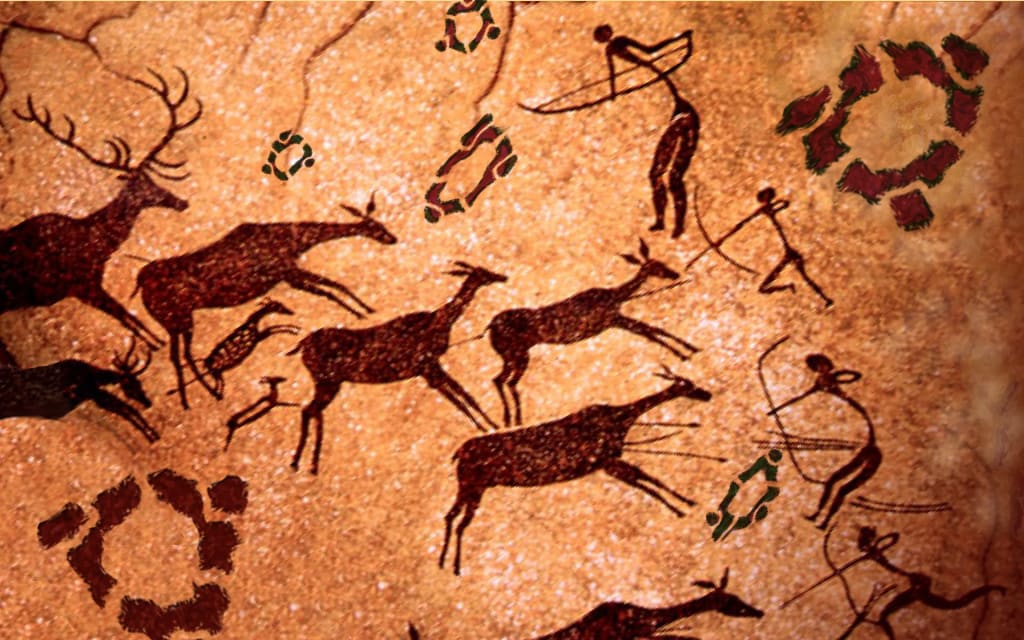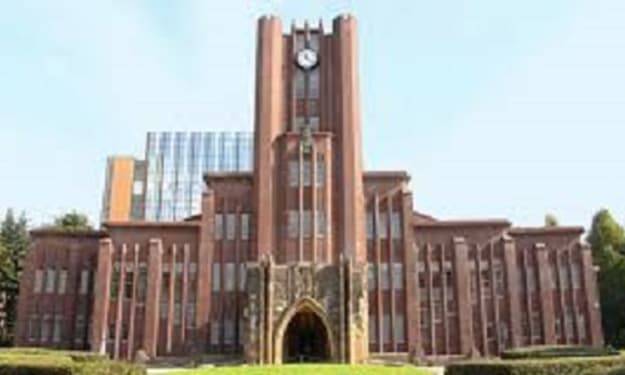Is the Past Truly a Historical Reality?
Unveiling the Enigma: Unearthing the Authenticity of Past Events

The canine actor cast as Toto in "The Wizard of Oz" was officially credited as Toto, although in reality, the dog's true name was Terry. When Terry passed away in 1945, her owner and trainer, Carl Spitz, laid her to rest on his Los Angeles ranch. Unfortunately, in 1958, the construction of the Ventura Highway intersected Terry's burial site. As a result, her remains were disrupted and have yet to be located. Over fifty years later, a tribute was erected in Hollywood Forever Cemetery to honor her memory. However, this memorial is not an actual grave but rather a cenotaph—an empty tomb.
This situation reminded me of Toto's cenotaph when I visited the cenotaph of Philopappos on the Hill of the Muses in Athens, and explored historical sites like the Acropolis and the ancient Lion Gate, which predates the Acropolis by nearly a millennium.
Among these remarkable experiences, I pondered the future's perception of our era. How will archaeologists interpret the remains of our society thousands of years from now? Will they successfully reconstruct our history? Will any individual leave a lasting mark? This leads to a philosophical question: can we truly verify the accuracy of the past? Can we prove that the universe wasn't brought into existence just last Thursday, along with all our memories and experiences?
The concept of "Last Thursdayism" proposes that the universe could have been created last Thursday, and although it lacks followers or formal rituals, it cannot be disproven due to its non-falsifiable nature. Unlike scientific theories that require testability and refutability, Last Thursdayism resides in the realm of philosophy. Philosophical tools such as Occam's Razor help discern the most plausible explanations. Newton's Flaming Laser Sword asserts that if a matter cannot be settled through experimentation, it isn't worthy of debate.
Shifting focus to the past, Newton's Flaming Laser Sword emphasizes its inherent untestability. The past exists without the capacity for experimentation or trials. While we strive to document our present for posterity, future archaeologists will inevitably speculate about our lives due to the lack of time machines. Vandals, disasters, and the passage of time can obscure facts, and apathy may further dim our legacy.
Nevertheless, there's an inescapable legacy we impart—entropy. Energy tends to disperse over time due to the Second Law of Thermodynamics. Even as energy locally concentrates, it eventually spreads out, increasing entropy. This law governs our universe, guaranteeing that our actions contribute to the overall increase in entropy. This entropy-based legacy endures beyond memory, contributing to the universe's eventual equilibrium.
Ultimately, we are part of the universe's entropy-driven evolution. While history may forget us, our impact on entropy remains indelible. This scientific truth contrasts with the transient nature of human recognition. Our actions echo through time, even if our names fade. Our choices to conserve energy align with the universe's disposition to spread energy out. The Second Law hints at a distant future where heat is uniformly distributed, potentially leading to the "Heat Death" of the universe.
This cosmic destiny may take around 8 googol years to materialize, and our mere existence adds to this journey. Surprisingly, inactivity contributes positively by slowing the universe's entropy-driven progression. Embracing leisure extends the universe's longevity by a minuscule fraction. So, while it might seem like laziness, it's a modest act of cosmic preservation. In this sense, relaxation becomes a gift to the universe, granting it a tad more time.
In conclusion, the story of Toto's cenotaph leads us to reflect on our place in the universe. While history may forget us, our impact on entropy endures. The concept of Last Thursdayism challenges our understanding of the past, while the laws of thermodynamics remind us of the universe's inexorable journey towards equilibrium. As we contemplate our legacy, we're reminded that even small choices can have a lasting cosmic effect.





Comments
There are no comments for this story
Be the first to respond and start the conversation.